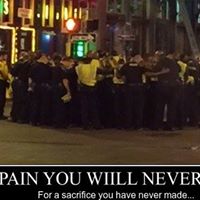Historically, what is the name of the series of wars that occurred between 1096 and 1487?
The Crusades were a series of intermittent military campaigns in the years from 1096 to 1487, sanctioned by various Popes. In 1095 the Byzantine Emperor, Alexios I, sent an ambassador to Pope Urban II requesting military support in Byzantine's conflict with the westward migrating Turks in Anatolia. The Pope responded by calling Catholics to join what later became known as First Crusade. One of Urban's stated aims was to guarantee pilgrims access to the holy sites in the Holy Land that were under Muslim control while his wider strategy was to reunite the Eastern and Western branches of Christendom, divided after their split in 1054, and become the head of the united Church himself. That's how 200-years long struggle began.
Hundreds of thousands of Western Europeans took a vow, became crusaders and earned indulgence from the church. Pope Urban II claimed every crusader was forgiven for his sins. Some of them were peasants hoping for Apotheosis at Jerusalem. Besides showing devoting to God, as stated by him, participation in the Crusades satisfied feudal obligations and provided opportunities for economic and political benefit. Crusaders often robbed the countries through which they traveled, and the leaders' promises weren't kept: much of this territory rather than returning it to the Byzantines.
Numbering the crusades is arbitrary. Among the many numbered crusades there were expeditions considered to be crusades only by their participants.






